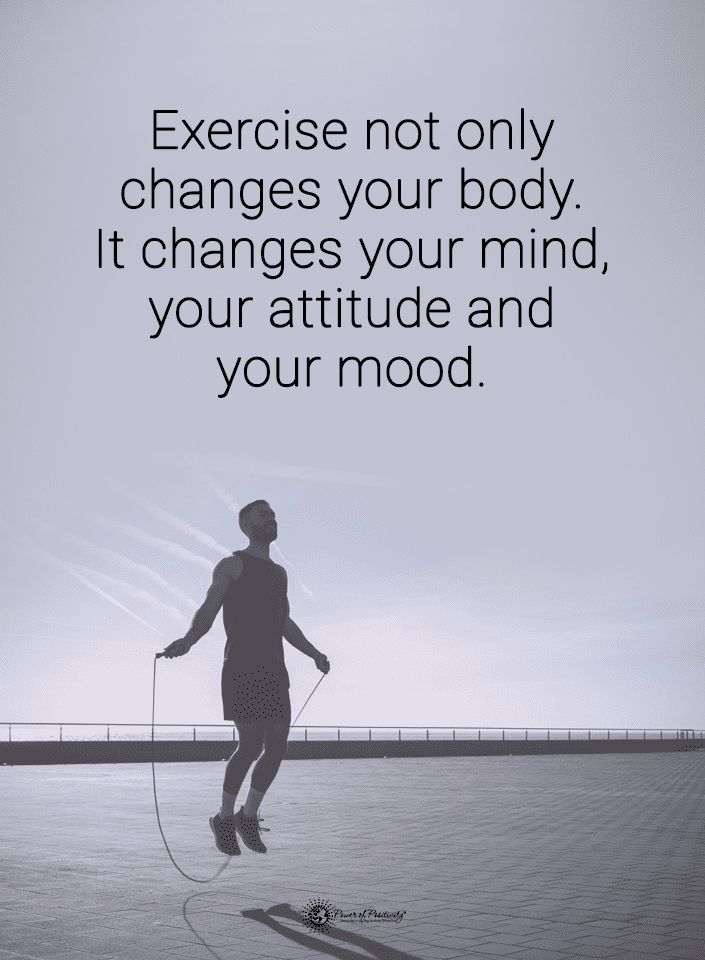Do you exercise in the morning or in the evenings? According to a new study, those who choose the morning workout tend to lose more fat than those who work out in the evening. Coversely, if you have diabetes, the time of your workout (evening) may be the key to better blood-sugar control. So which is best for you? A fascinating new study compares the benefits of the two.
The study is quite ambitious, and they used mice rather than humans. However, the results were uncanny. Could something as simple as adjusting the time you exercise change how fast you burn fat and lose weight?
The Weizmann Institute of Science conducted research and reported it in the American Association for the Advancement of Science. Gad Asher was at the helm of the study. The mice in this experiment used wheels as their workout equipment, comparable to humans running on a treadmill.
Surprisingly, most mice experienced changes caused by the amount of fat they burnt and the shift in their metabolism. Both things were dictated by the time of day they did their workout. Asher noted that this could influence the risk of disease and their overall health.
While you must remember that they used rodents to form their conclusions, mice are often the subjects of such research projects. Though they’re not the same as humankind, there are comparable molecular structures.
The Circadian Rhythm and its Role in Weight Loss
Your body has a 24-hour internal clock, known as the circadian rhythm. Your internal operations and your sleep-wake cycle are all run by this clock. This research shows that humans and animals have a similar molecular base where an internal timer keeps things in rhythm.
Without this full-body system, your biological operations wouldn’t be in sync. The timing system dictates internal functions like blood sugar, body temperature, and hormones. It even regulates your sleep-wake cycle.
Therefore, you feel sleepy around the same time each night, and you can awaken without the assistance of the external alarm clock. Your internal timepiece can help you function efficiently when it’s running perfectly. The key is that your internal rhythm becomes very predictable and it’s flexible and will adjust based on your needs.
A perfect example of this is when people start working shift jobs. They change their body’s sleep cycle from night to day. The first few weeks of this change are chaotic and can make them physically sick from sleep deprivation.
However, after their body adjusts to the new schedule, they feel fine. The key is that humans tend to go to bed at night and awaken with the sun in the morning. Your internal clock is set this way, but when you alter those settings, it takes some time to get things back to normal. The good news is that your body will also adjust when you bring an exercise routine into your day.
You can alter your activity and thwart the changes brought on to your circadian rhythm caused by aging. Though there will be some pangs in the adjustment period, this study shows promising that exercise can help you burn more fat in the mornings.
Any exercise you do–whether a morning workout or at night–is better than inactivity!
Morning Exercise Boosts Fat-Burning Power
The University of Copenhagen further proved these theories in 2019. A small group of men wanted to lose weight with physical activity. Ironically, they found that people who chose to do their morning workout lost significantly more weight than those who did it in the evening.
Could further weight loss be as simple as altering the time of day you work out? To further deepen the ironic nature of this study, the men all completed the same exercise routine. All they altered was the time of day for their physical activity.
What about people with Type 2 diabetes? Does the time they exercise mean anything for their blood sugar control? Another study conducted in 2020 by The University of Texas examined males with an increased chance of developing this disease. The men had already been diagnosed with insulin sensitivity, and the researchers needed to see if they could help improve this and blood sugar control.
Scientists concluded that the findings in this study were like those of the 2019 research. The only significant difference was those with insulin sensitivity showed spikes in their glucose levels after they worked out. The folks who chose to work out in the evenings had better blood sugar control.
While these studies give great information and have some helpful tips for folks, none of them dive deep enough into the molecular structure of circadian outcomes. So because they lack the depth needed, there are discrepancies. The first study with the mice looked at the small things in their bodies, but they only concentrated on a single tissue, like the muscles, rather than the whole body.
Researchers who measure physical activity, circadian rhythms, metabolism, and chronobiology believe the timing of a person’s workout can play heavily into how cells and organs interplay.
Energy Use Versus Metabolism
Cell Metabolism published a cover story regarding these matters. An international group of scientists tried measuring nearly every molecular change associated with metabolism. They looked at these changes by altering the time of day the participants exercise.
They, too, used mice, using only male rodents. Part of the mice used exercise wheels early in the day, while the others could access their exercise wheels in the evening. To help evaluate the controlled group, they locked the wheels of some of the rodents while the others worked out. This allows them to see if the movements caused the changes or if the time of day made more of an impact.
To gather their research, they measured the major organs and the various blood fat levels. They used advanced equipment to calculate the molecules within the tissues for accurate measurements. Scientists needed to prove energy usage versus metabolism and the genetic structure of each of the male rodents.
Unlike humans, mice are nocturnal, so their circadian rhythm is backward. The mice who worked out during the morning time had increased molecules. Ironically, the rodents that did their workouts in the evening were the opposite. They compared with those who didn’t do any exercise.
Additionally, many of the observed changes happened identically throughout the body. Researchers believe this implies that organs and tissues transmit data back and forth in constant communication. The liver and muscles of the mice showed molecular modifications during the morning workout, but the changes weren’t as significant for those rodents who worked out at night.
The specific timing of one’s physical activity can dictate molecular alternations within the body. Those who work out in the morning burn more fat, but those who work out in the nighttime tend to burn more blood sugar for fuel. Muscle memory is also a critical factor in all this, as the communication between these vital systems is undeniable.
Can You Work Out Too Much?
Is there anything that shows it’s beneficial to work out in the morning and the evening, or can you do too much? Many experts want to know if there are any direct signs that a person is overdoing it when working their body for fitness. If the studies done on mice prove helpful to people, it shows that those who choose the morning workout routine will fare better for weight and fat loss than those who prefer the evening time.
However, those who need to improve their insulin sensitivity and have better blood sugar control should opt for the last workout. While mice have similar cellular structures and are great for measuring analysis, they’re not human. Many studies still need to be conducted to see if the theories concluded from these studies ring true for people.
Additionally, all these experiments had a minimal scope and only showed a particular kind of exercise, which was aerobic. What would happen if you brought other workouts, such as yoga, weightlifting, and kickboxing? Could the various types of workouts dictate cell change and adjust the data?
It’s possible when you consider that some workouts are more intense, and others are more for stretching and relaxing.
Final Thoughts on The Proper Time to Exercise
Research helps give you insight, but only you know what works best for you. If you’re doing your workouts in the morning and losing weight while burning fat, then you need to keep doing what you’re doing. However, if you’re struggling and it seems the morning routine isn’t working the best for you, why not switch to the evenings?
Additionally, those who struggle with Type 2 diabetes or need to improve insulin resistance might try a workout at night. It could be the missing link to what’s hindering you from achieving your blood-sugar control. The truth is that these studies were conducted on mice, and while the information is helpful, many questions still need to be answered.
By conducting additional studies into the cell structure, circadian rhythm, and overall best time to work out, there may be some help for those struggling with obesity. More than ever, it’s become common knowledge that obesity is a disease and doesn’t always indicate a person who overeats and lives a sedentary lifestyle. Genetic and molecular factors come into play that we cannot deny.
While this is just the start of uncovering the effects on metabolism, cellular structure, circadian rhythm, and weight loss, it’s shedding light on why some people don’t burn enough fat from their workouts. Further studies may help resolve the conflict and enhance fat-burning power.



















